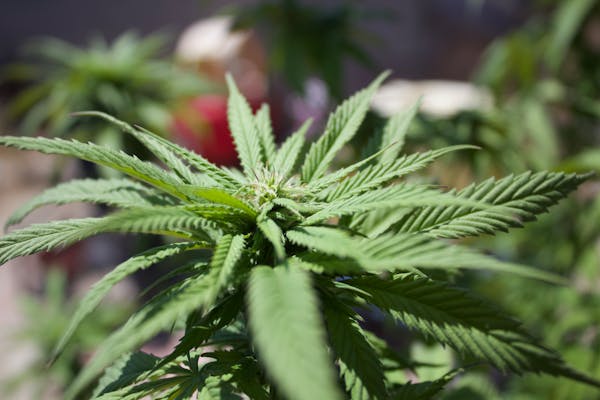Why THCa Flower Is the Next Big Thing in Cannabis
The cannabis industry is constantly evolving, with new products and compounds emerging to capture the interest of consumers and researchers alike. One such compound that is gaining significant attention is THCa, or tetrahydrocannabinolic acid. As the precursor to THC, the psychoactive component in cannabis, THCa flower shop offers a range of potential benefits without the intoxicating effects. This article explores why THCa flower is poised to become a major player in the cannabis market.
Understanding THCa: The Basics
THCa is a non-psychoactive cannabinoid found in raw and live cannabis plants. Unlike THC, which is known for its mind-altering effects, THCa does not produce a high. This is because THCa must be decarboxylated, a process that involves heating, to convert into THC. This transformation typically occurs when cannabis is smoked, vaporized, or cooked.
Despite its non-psychoactive nature, THCa flower is believed to offer a variety of potential health benefits. Research is still in its early stages, but preliminary studies suggest that THCa may have anti-inflammatory, neuroprotective, and antiemetic properties.
The Health Benefits of THCa
Interest in THCa is largely driven by its potential therapeutic applications. Some of the promising health benefits include:
- Anti-inflammatory properties: THCa may help reduce inflammation, making it a potential option for those suffering from conditions like arthritis or inflammatory bowel disease.
- Neuroprotective effects: Early research indicates that THCa might protect brain cells, which could be beneficial for neurodegenerative diseases such as Alzheimer’s and Parkinson’s.
- Antiemetic potential: THCa may help alleviate nausea and vomiting, offering relief for patients undergoing chemotherapy or those with chronic conditions that cause these symptoms.
THCa vs. THC: A Comparison
While both THCa and THC originate from the same plant, their effects and applications differ significantly. THCa is non-psychoactive, making it an attractive option for individuals seeking the therapeutic benefits of cannabis without the high. This distinction opens up new possibilities for medical use, particularly for patients who need to maintain cognitive clarity.
Moreover, THCa’s stability in its raw form allows for diverse consumption methods. Users can incorporate THCa into their diets through raw cannabis juicing or by using tinctures and capsules, providing a versatile approach to cannabis consumption.
The Growing Popularity of THCa Flower
The demand for THCa flower is on the rise, driven by consumers seeking alternative cannabis experiences. Several factors contribute to this growing interest:
- Health-conscious consumers: As awareness of cannabis’s health benefits increases, more individuals are exploring non-psychoactive options like THCa.
- Legal considerations: In regions where THC is heavily regulated, THCa offers a legal alternative that still provides potential therapeutic benefits.
- Versatility: THCa flower can be used in various forms, from raw consumption to topical applications, appealing to a wide range of users.
Case Studies and Market Trends
Several case studies highlight the potential of THCa in medical applications. For instance, a study published in the British Journal of Pharmacology found that THCa exhibited anti-inflammatory effects in animal models, suggesting its potential for treating inflammatory conditions.
Market trends also reflect the growing interest in THCa. According to a report by Grand View Research, the global cannabis market is expected to reach USD 146.4 billion by 2025, with non-psychoactive cannabinoids like THCa playing a significant role in this growth.
Challenges and Considerations
Despite its potential, the THCa market faces several challenges. One of the primary obstacles is the lack of comprehensive research. While early studies are promising, more clinical trials are needed to fully understand THCa’s effects and applications.
Additionally, consumer education is crucial. Many individuals are still unfamiliar with THCa and its benefits, highlighting the need for increased awareness and information dissemination.
The Future of THCa in Cannabis
The future looks promising for THCa as more consumers and researchers recognize its potential. As the cannabis industry continues to expand, THCa flower is likely to become a staple product, offering a unique combination of therapeutic benefits without psychoactive effects.
With ongoing research and growing consumer interest, THCa is set to play a pivotal role in the evolution of cannabis products. Its versatility and potential health benefits make it an attractive option for both medical and recreational users, paving the way for a new era in cannabis consumption.
Conclusion
THCa flower represents an exciting development in the cannabis industry, offering a non-psychoactive alternative with a range of potential health benefits. As research progresses and consumer awareness grows, THCa is poised to become a significant player in the market. Its versatility, therapeutic potential, and legal advantages make it an appealing choice for a diverse audience, ensuring its place as the next big thing in cannabis.
